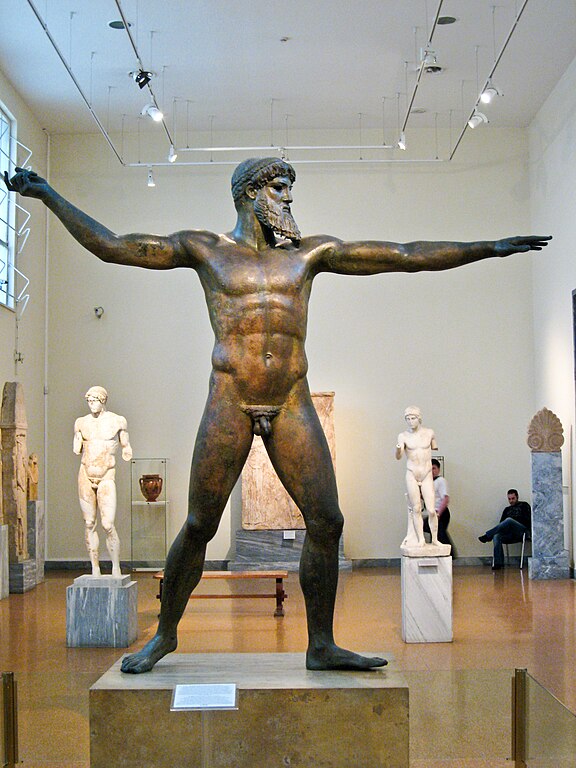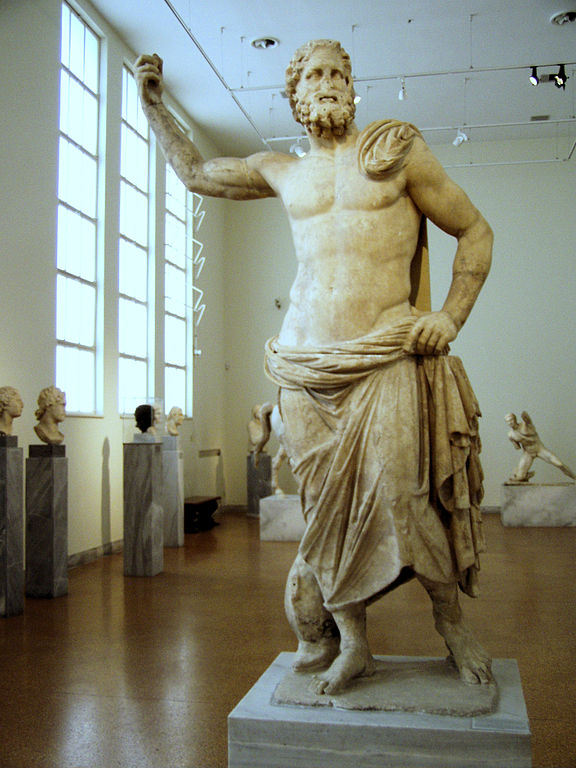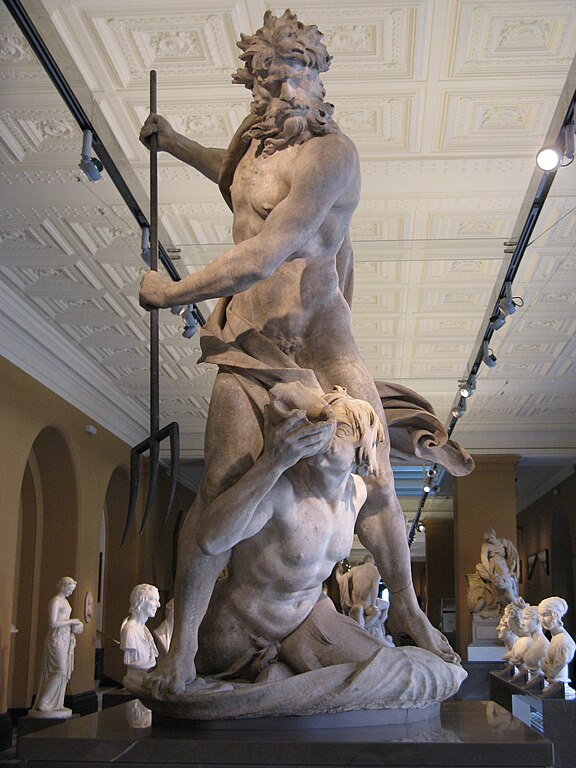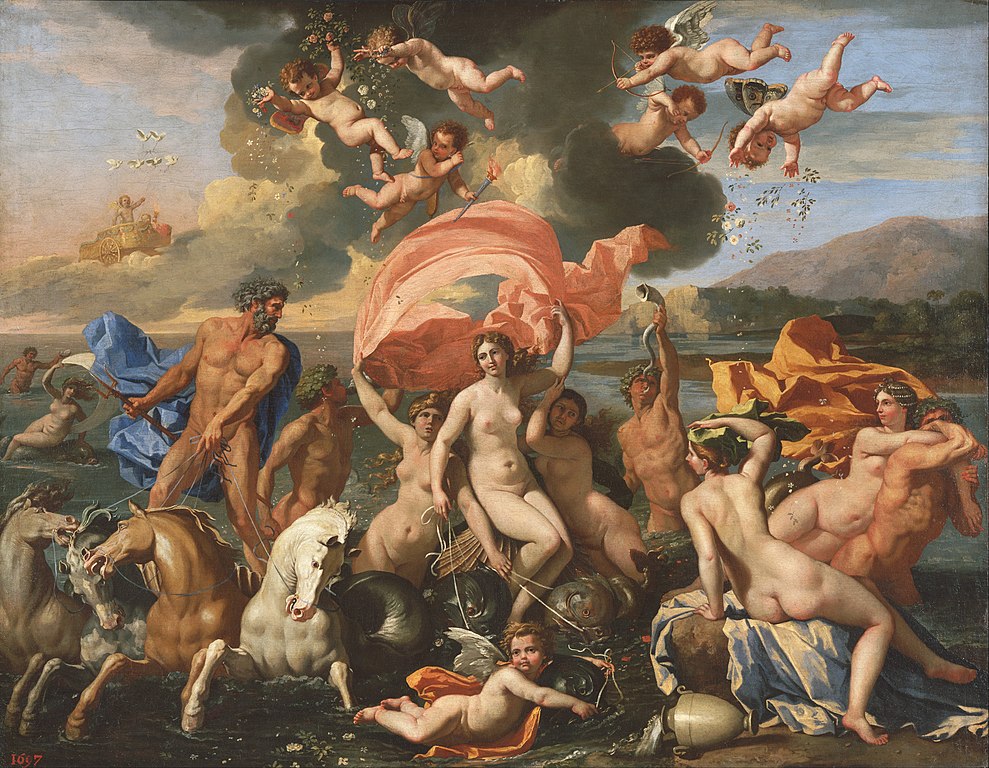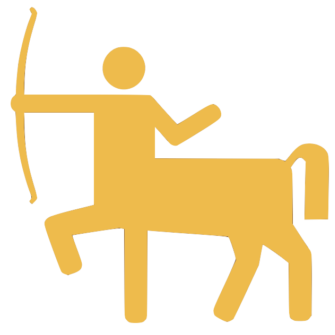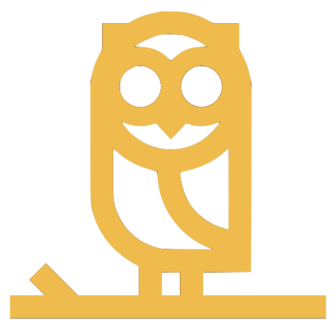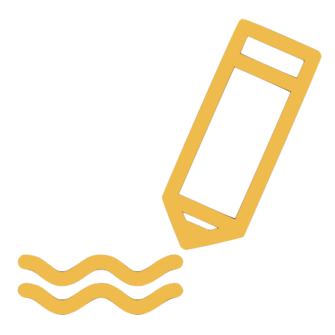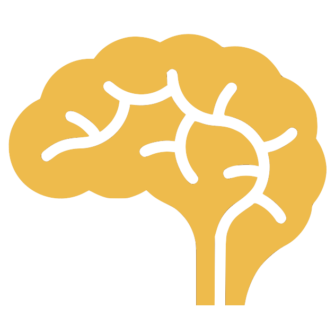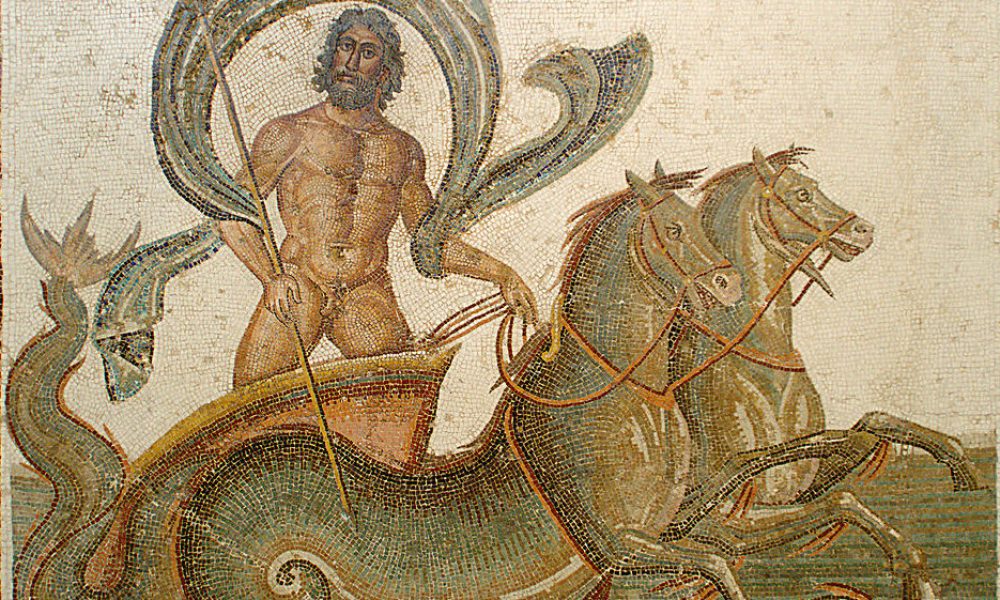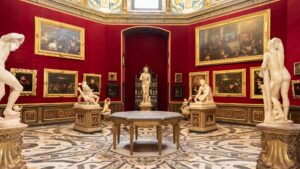Poseidon is an Olympian god who holds dominion over the seas and governs earthquakes and storms. He is identified in the Roman world as Neptune. Explore all the crucial facts about this Greek sea god, including his historical origins, significant myths, author who depicted him, his symbolic significance, notable painting, and enduring influences.
How to recognize Poseidon
- Poseidon is often depicted wielding a trident and surrounded by sea creatures.
- He is shown riding a chariot pulled by either horses or hippocampi (singular: hippocampus), which are mythological sea-horses (half horse, half fish).
Historical and Cultural Context
Poseidon was worshipped in ancient Greece from at least the Mycenaean period (c. 1600-1100 BC), and his prominence continued through the classical era, particularly in the 5th century BC.
- Mycenaean period: Gods were not represented in human form. Poseidon was titled the Master of the Underworld and may have been associated with the bull.
- Arcadian and Boeotian period: Poseidon, along with his sister Demeter, was considered a divinity of the underworld, represented as a horse.
Why Poseidon was important to ancient Greeks: Greece, with its significant maritime culture, relied on seafaring for trade and communication. Sailors and coastal inhabitants revered Poseidon, seeking safe voyages and bountiful catches. He was viewed as the “master of the sea,” responsible for creating clouds and storms, while also being the protector of sailors.
The trident, often acknowledged as a fishing spear—a common tool in the coastal Greek communities—held particular significance for them.
On the hippocampus: In various European folklore, including Greek mythology, water creatures often take the form of a horse or bull. Understanding this, we can appreciate the concept of the hippocampus—a blending of a horse and fish.
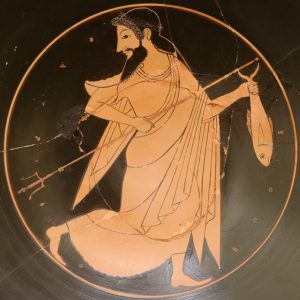
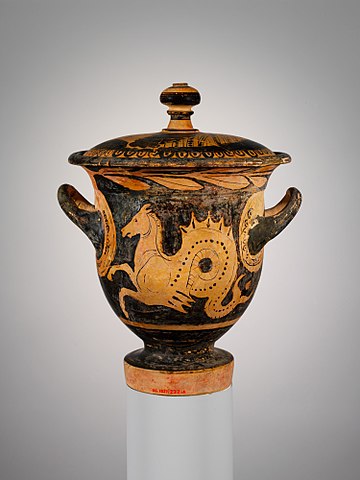
Terracotta bell-krater, late 5th century BC.
Metropolitan Museum of Art
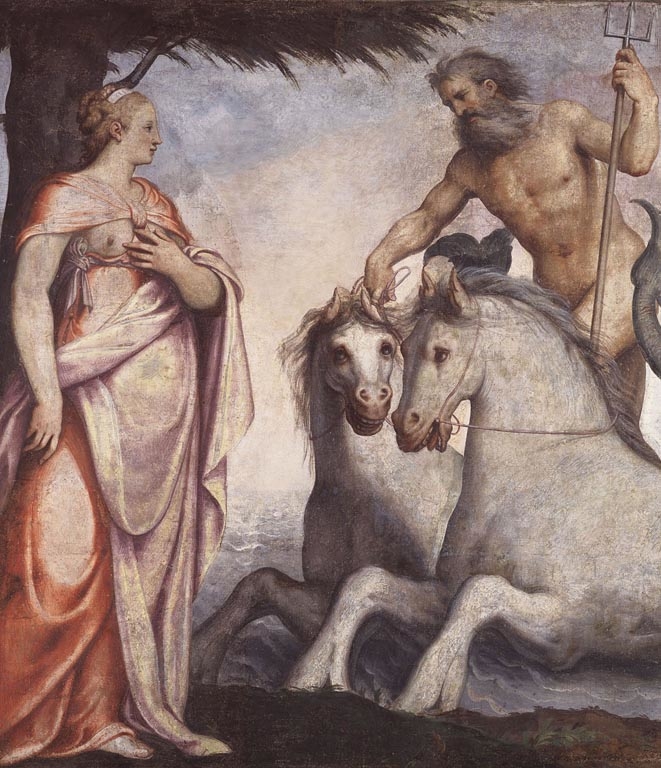
Main Authors
- The first writer to introduce Poseidon was Homer, in the “Iliad” and the “Odyssey.”
- Other significant writers include Hesiod, Aeschylus, and Euripides.
Genealogy
Parents: Cronus and Rhea
Siblings: Zeus, Hades, Hera, Hestia, Demeter, and Chiron (half-sibling)
Many children, including:
- Theseus (hero)
- Triton (sea god)
- Arion (swift black horse)
- Polyphemus (one-eyed giant)
- Orion (giant huntsman)
- Belus (king of Egypt)
- Pegasus & Chrysaor
- Bellerophon (hero)
- Despoina (resulting from the mating of Poseidon & Demeter)
Core Mythological Narratives
- Creation of the world – After overthrowing their father Cronus, Poseidon and his brothers, Zeus and Hades, drew lots to determine their domains. Zeus and Hades received the sky and underworld, respectively, while Poseidon became the ruler of the seas.
“Since we are three brothers born by Rheia to Kronos, Zeus, and I, and the third is Hades, lord of the dead men. All was divided among us three ways, each given his domain. I when the lots were shaken drew the grey sea to live in forever; Hades drew the lot of the mists and the darkness, and Zeus was allotted the wide sky, in the cloud and the bright air. But earth and high Olympos are common to all three.”
– Poseidon, speaking through the voice Homer in the Iliad
- Rivalry with Athena for the city of Athens – Poseidon and Athena competed for the favor of the city’s residents by offering special gifts. Poseidon created a saltwater spring by striking the ground with his trident. However, Athena won with the gift of an olive tree.
- Affair with Medusa which caused her curse: At the time when Medusa was still a beautiful maiden, she had a prohibited love affair with Poseidon. Athena punished her, transforming her into a Gorgon with snake-hair.she had a prohibited love affair with Poseidon. Athena punished her, transforming her into a Gorgon with snake-hair.
- Poseidon’s wrath in the Odyssey – Poseidon’s anger and wrath led to numerous trials for the hero Odysseus on his journey home. Odysseus, having a misadventure with Polyphemus (Poseidon’s son), stabbed him in the eye. In retaliation, Poseidon made Odysseus endure a living hell of a sea journey home, extending it by 10 years.
- Creation of the Minotaur – Poseidon sent a divine bull to King Minos, expecting a proper sacrifice. When the king failed to comply, Poseidon, in wrath, caused the king’s wife to fall in love with the bull, resulting in the birth of the Minotaur from their union.
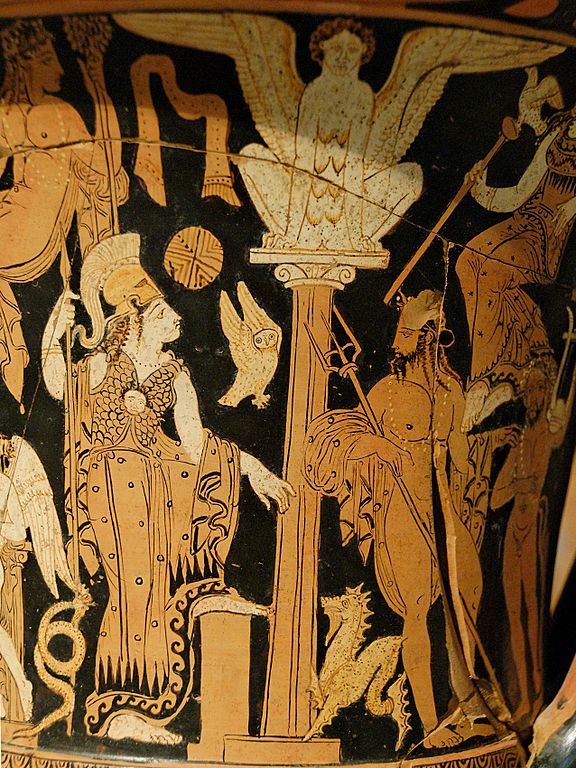
Psychological interpretation of the sea god – Symbolism & Archetypes
- According to Carl Jung, the sea symbolizes the unconscious.
- Within Jungian psychology, Poseidon may be interpreted as an archetype representing the ruler and master of the unconscious mind. His myths emphasize the significance of recognizing and controlling the inner forces that shape our thoughts and actions.
- Like Zeus, Poseidon is a figure of authority, but he signifies authority from below rather than from above. Along with Hades, he is a god of the deep – the unconscious.
- Though Poseidon rules the deep, he also holds dominion over the earth. In other words, the unconscious can significantly influence our daily actions.
- The unpredictable nature of the sea, akin to the human psyche, can exhibit both calm and chaotic characteristics, reflecting the turbulent and sometimes uncontrollable aspects of the unconscious mind
- Poseidon’s trident, symbolizing his power, may represent the ability to control and navigate the subconscious—a metaphor for the human struggle to master their inner, emotional depths.
“The layman can hardly conceive how much his inclinations, moods and decisions are influenced by the dark forces of his psyche, and how dangerous or helpful they may be in shaping his destiny.” – Carl Jung
- Celestial connection: Planets
Poseidon’s Roman name, Neptune, was assigned to the farthest known planet orbiting the sun. It earned this name likely due to its bluish color, reminiscent of the sea. The planet is characterized by an ice cap, extreme cold, darkness, and the most powerful winds.
World Myth Parallels
Similar deities to Poseidon in other mythologies include:
- Neptune in Roman mythology
- Babylonian God Enki
- Hindu God Shiva
- Njord in Norse mythology,
All of these gods govern the seas, sharing universal themes of water symbolism and association with the mysteries of the deep.
Poseidon in Popular Culture
- His image and symbolism are often utilized to represent the maritime world and naval power.
- Video game: Assassin’s Creed Odyssey
- The Poseidon Adventure (1972 film) – Similar to Titanic, but it’s a tidal wave that capsizes the ship.
- He’s not Arielle’s father in The Little Mermaid, although that’s his son, Triton, who is more often depicted with a conch shell.

Famous Art
